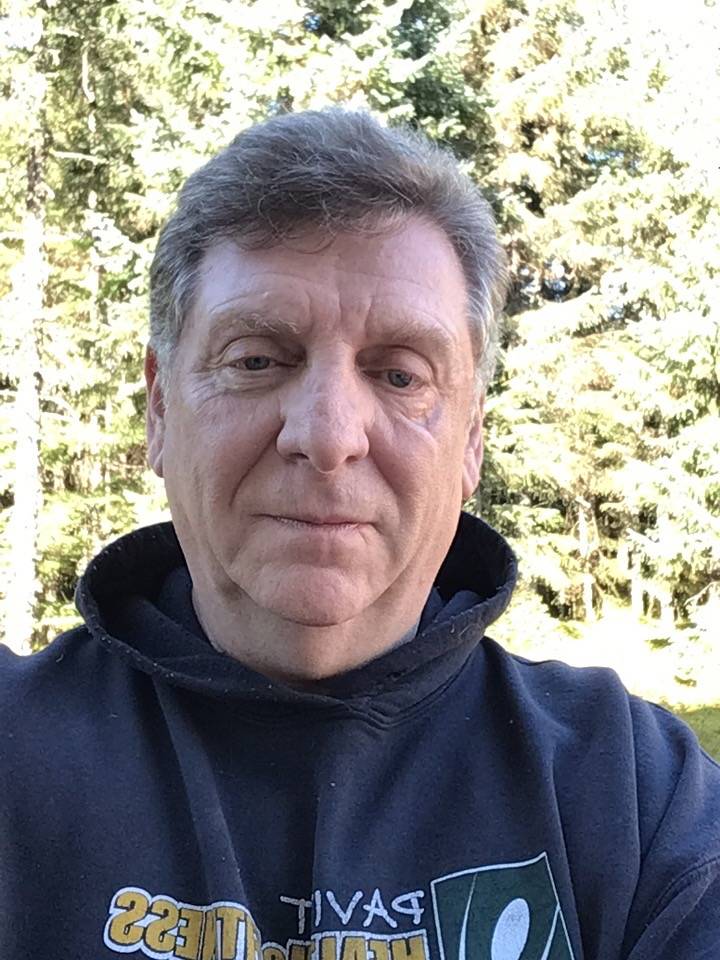By Alexander B. Dolitsky
There are decisive episodes, dreams, words, scenes, facial expressions, meetings, smells and other physical and spiritual phenomenon that are deeply recorded in our memory. These meaningful moments could be turning points in our life or reminders of the past that eventually influenced future directions and choices in our life, shaped our personality, and formed our ideological believes and moral values.
One of my memorable moment took place on Feb. 8, 1978, the eighth day after my arrival to the United States from Europe as a political refugee. On that day, I received my first job offer — to shovel snow by hand off the roof of a four-story apartment complex in northeast Philadelphia. The pay for the job was $25.
Although, I was a college-educated professional, with teaching experience in the secondary schools of the Soviet Union, at that moment I needed a job to pay for my living expenses, and I was pleased to have it. I was not shamed or humiliated. Immigration is a challenge for survival, and I volunteered for it.
My employer was Martin Dubner, an immigrant from Romania, who, as a hard-working and skillful plumber, managed to invest wisely in real state. He owned several residential houses and two mid-size apartment complexes in Philadelphia. His wife was a petit Jewish woman with a distinct East European accent; she helped him to run the business. Their son, an undergraduate student at Temple University, was a first generation American, born in the U.S. This was a modest immigrant family (I assume with a substantial savings in the bank), residing in the middle-class neighborhood around Roosevelt Boulevard in northeast Philadelphia.
After I finished shoveling the snow, the manager of the apartment complex invited me to his home office, offered me a seat at the table in the living room and a cup of coffee. He was a tall, stocky and strong-looking American man in his 50s. I could tell by his body language and assertiveness that he was curious about me, perhaps the first and only Soviet political refugee he ever met in his life.
“It must be cold in Russia?” he asked. “Yes, winters are cold,” I answered. “Do you know what a refrigerator is?” he asked again with a serious expression on his face. I was puzzled by this blatant question and his obvious lack of knowledge of my former country. “Yes, I know,” I answered.
And I thought to myself, “Do Americans really believe that Russia is so cold all year around that it is perfectly safe to keep food out of the window or in outdoor food storages instead of the refrigerator?”
“Is that true that tanks are riding on the streets in Russia?” he continued asking his blizzard questions after a short pause. I stared at him, speechless at his shallowness and unfamiliarity with life in the Soviet Union. “No…., only on military parades during certain holidays—Victory Day on May 9th, ” I answered. A breeze of the Cold War was obvious in this little office. I was quite and alert.
Then, the manager sat at the table and offered me a lesson of English language. “I will teach you English now,” he said. He moved an ashtray on the table toward me and commanded, “Say ashtray, ashtray.” I sheepishly repeated, “…ashtray, ashtray.” He politely smiled and appeared pleased with himself and his teaching accomplishment.
Moments later, he handed me $25 cash and offered a ride to my home on Fox Street in northeast Philadelphia. It was a smooth ride in a Lincoln Town Car — my first riding experience in a luxury American car. All I really remember was how much room the car had inside, how long it was and the premium sound system. The car was so comfy that I almost fell asleep on the way home.
This was my first job, my first so-called English lesson and my first ride in a luxury vehicle in America. And all I could think that day was, “America, what a unique country with all its imperfections, challenges, colors, freedoms and opportunities; and how lucky I am to be here—in America!”
• Alexander B. Dolitsky was born and raised in Kiev in the former Soviet Union. He received an M.A. in history from Kiev Pedagogical Institute, Ukraine, in 1977; an M.A. in anthropology and archaeology from Brown University in 1983; and was enroled in the Ph.D. program in anthropology at Bryn Mawr College from 1983 to 1985, where he was also a lecturer in the Russian Center. In the U.S.S.R., he was a social studies teacher for three years, and an archaeologist for five years for the Ukranian Academy of Sciences. In 1978, he settled in the United States. He lived first in Sitka in 1985 and then settled in Juneau in 1986. From 1985 to 1987, he was a U.S. Forest Service archaeologist and social scientist. He was an Adjunct Assistant Professor of Russian Studies at the University of Alaska Southeast from 1985 to 1999; social studies instructor at the Alyeska Central School, Alaska Department of Education from 1988 to 2006; and has been the Director of the Alaska-Siberia Research Center from 1990 to present.Columns, My Turns and Letters to the Editor represent the view of the author, not the view of the Juneau Empire. Have something to say? Here’s how to submit a My Turn or letter.

